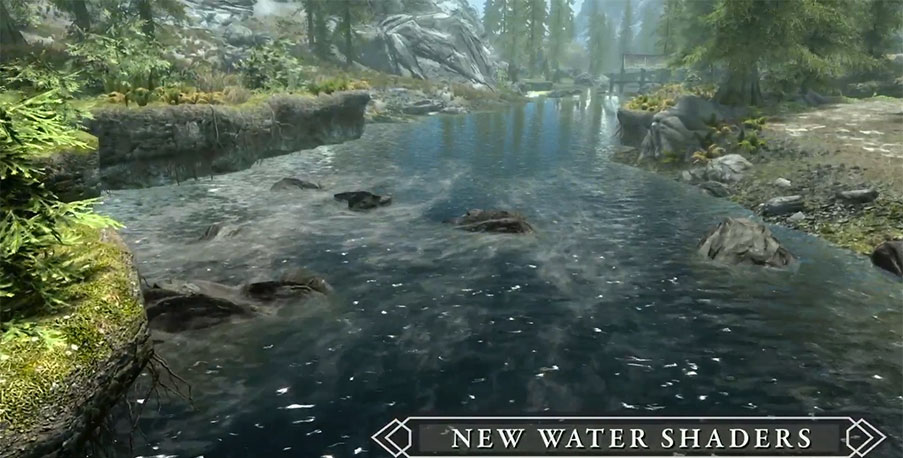Experimentation is a very interesting topic within the tech industry. The major graphics card manufactures show projects off all the time to show the capabilities of their latest hardware or software. Conferences such as CES and E3 allow for the industry to share ideas and build upon the frameworks that they already have. Events promote bragging rights and competition, brilliant for advancement. If there is a superior company, technology doesn’t continue. Games development studios also do this internally to test the engine that they use for their games. Some of those game experiments reach the market if there’s potential to be a completed product.
Grow Home
Grow Home is one of these games. Originally an game experiment to test procedural animation. The aim of the game is to grow into space, eventually loading star seeds into the mothership. A simple game that focused on one mechanic. Climbing while collecting crystals and researching the local wildlife along the way. Occasionally there are large objects which sprouts need to be connected to. The branches fight the direction that you are going, due to the game not following a direct path, the game uses procedural animation to extend the branch and where the new sprouts will be found. Due to the procedural nature of the growths, your plant will also be unique. It also reminds you of failures where you have gone in the wrong direction, which is nice.
You wouldn’t have thought that Grow Home came from Ubisoft. It looks and plays like a game that an indie developer would produce. The normality of the giant is to create visually impressive, photorealistic environments such as the Ghost Recon franchise. Admittedly the development only included a tiny eight-person team, but that doesn’t make it any less unusual. The game was so successful that the company later released a larger, improved title called Grow Up.
Remasters

Credit: technobuffalo.com
Remastered editions are also game experiments. When a developer wants to test an engine after an update, they pick a game that sold well in the past and use it as a base. This has the added benefit of having a financial goal as an incentive to finish the project. Bethesda released much-loved Skyrim Remastered Edition to consumers for free (original purchasers). This seems to be a coming trend with 2K allowing both Bioshock Remasters to be free for owners of the original games. Take note games industry.
The features will include assets such as particle effects, textures and shaders. All of which demand more capable hardware than what was the norm when original games launched. Developers love impressing people with visually enhanced effects. Unfortunately studios must develop for hardware installed within consumers machines. Steam developers rely on the hardware survey released by Valve every month. After an amount of time, the average quality of hardware will improve, allowing for remastered versions of existing games to become profitable.
Game experiments used to stay in-house, kept silent, allowing developers to hold a technological edge over the competition. The industry views them as a way of making money while testing and expanding engines. Remasters, often seen as a bad idea from the gaming community, it appears to be greedy. They however allow late adopters to a franchise to have a better overall experience due to the updated version. People forget game publishers are businesses, looking to earn money at any given opportunity.
Concluding Thoughts on Game Experiments
In personal perspective remasters are a good thing because they push developers to improve their development tools at their disposal. The upgraded tools will help to improve new games within the reaches of the developer. Improvement is key to keeping the quality of games high. We don’t want a repeat of the 1980s. Large publishers need to consider releasing them for free or at a discount to existing customers though. There’s a lack of creativity and added content within remastered games (besides dated DLC). Players have already paid for the game once.
Experimentation allows developers to find new mechanics and a new way to improve the experience for future games. Showing the ideas off also allows other developers to expand or take from what they see. Indie developers receive help from this knowledge as they won’t have the freedom, time or resources to perform game experiments themselves. Deadlines to keep. Sometimes we also see fun sized games appear because of them. It’s nice to play a game that doesn’t play like a clique of a genre. If these also improve techniques that make games look more immersive and appealing then that is a bonus.
Developers always want to create the best experience that they can. Viewing the releases in a positive light is good for the industry, you don’t have to buy the remaster of the game that you bought a couple of years ago. Developers are just changing what would have been a money sink into something that they can sell. New players also get to play outdated looking games with modern graphics. People more likely to enjoy the experience as original owners did.









